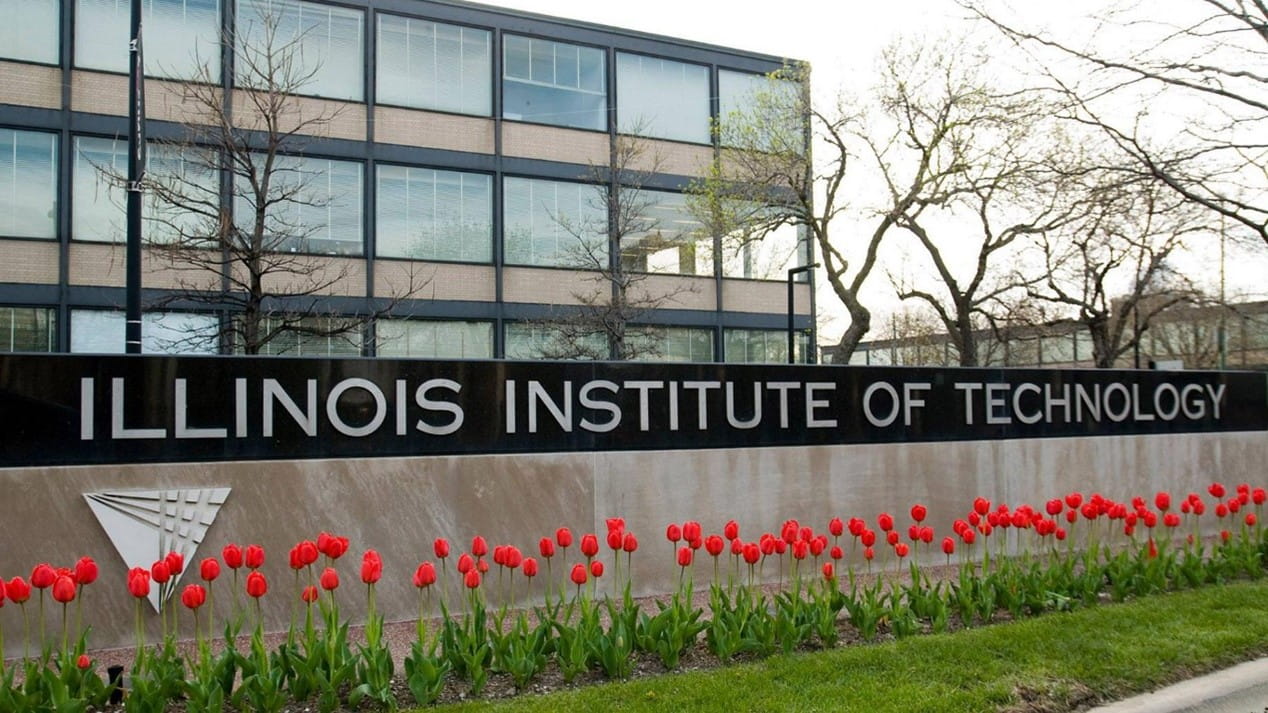Workshop Description:
Call for Papers
The main goal of the workshop "Mastering the Art of GANs: Unleashing Creativity with Generative Adversarial Networks" is to generate an intense exchange of ideas and discuss topics related to Generative Adversarial Networks, from theoretical underpinnings to practical applications across various domains.
The workshop participants are welcome to submit research papers in topics such as Generative Adversarial Networks, AI Innovation, Neural Networks, Hands-On Training, Practical Applications, Ethical Implications, Machine Learning, Interactive Sessions, Technology Evolution, Professional Networking, and other related subjects. Both students and faculty are welcome to participate at the workshop and share their insights. The workshop format will favor debates, creating the premises for future research ideas development.
Keywords
- Generative Adversarial Networks
- AI Innovation
- Neural Networks
- Hands-On Training
- Practical Applications
- Ethical Implications
- Machine Learning
- Interactive Sessions
- Technology Evolution
- Professional Networking
Background:
Generative Adversarial Networks (GANs), a groundbreaking innovation in the field of artificial intelligence, have revolutionized how machines understand and generate new content. Conceptualized by Ian Goodfellow and his colleagues in 2014, GANs represent a significant leap in deep learning and neural networks. At their core, GANs consist of two neural networks, the Generator and the Discriminator, engaged in a continuous game. The Generator creates data that is indistinguishable from real data, while the Discriminator learns to distinguish between genuine and artificial data. This dynamic rivalry drives the system towards producing highly realistic outputs, ranging from images and music to text and voice.
The potential applications of GANs are vast and diverse, spanning across various sectors including art, healthcare, entertainment, and more. They have been instrumental in image and video generation, style transfer, and even drug discovery. GANs also pose fascinating philosophical questions about the nature of creativity and the potential of machines to emulate or even enhance human creativity.
Our workshop aims to demystify the complexities of GANs, providing a comprehensive background that combines theoretical understanding with practical insights. Participants will explore the history, development, and current applications of GANs, gaining a solid foundation in this transformative technology. Whether you're a beginner in AI or an experienced practitioner, this workshop will enhance your understanding and skills in the realm of generative models.
Goal/Rationale:
This workshop is designed to achieve multiple goals, tailored to provide a thorough understanding and hands-on experience with Generative Adversarial Networks (GANs). Firstly, participants will gain a foundational grasp of the theoretical concepts underpinning GANs, including their architecture, functioning, and the principles of adversarial training. Emphasis will be placed on understanding the symbiotic relationship between the Generator and Discriminator networks.
Secondly, the workshop aims to showcase practical applications of GANs in various fields. Through interactive sessions, participants will witness firsthand how GANs can be applied in image synthesis, creative arts, and more, offering a glimpse into the potential future impacts of this technology.
Lastly, the workshop is designed to equip attendees with the skills to implement basic GAN models. Through guided exercises, participants will learn to code and train their own GANs, fostering a deeper, practical understanding of the subject. This hands-on approach ensures that attendees leave with not only theoretical knowledge but also applicable skills in GAN technology.
Scope and Information for Participants:
The scope of this workshop encompasses a comprehensive exploration of Generative Adversarial Networks (GANs), tailored for a diverse audience ranging from AI enthusiasts to professionals. Participants can expect a blend of theoretical knowledge and practical application, ensuring a well-rounded understanding of GANs. The workshop will cover the basics of neural networks, delve into the intricacies of GAN architecture, and explore the latest advancements and ethical considerations in the field.
For those interested in hands-on learning, the workshop includes sessions on coding and training GAN models, requiring a basic understanding of programming and machine learning principles. Participants are advised to bring their own laptops, equipped with necessary software as communicated prior to the event. Resources like datasets, code templates, and instructional materials will be provided.
Networking opportunities with fellow attendees and industry experts will also be a key aspect, encouraging collaboration and knowledge exchange. This workshop promises to be an insightful and enriching experience for anyone keen on delving into the world of GANs.




